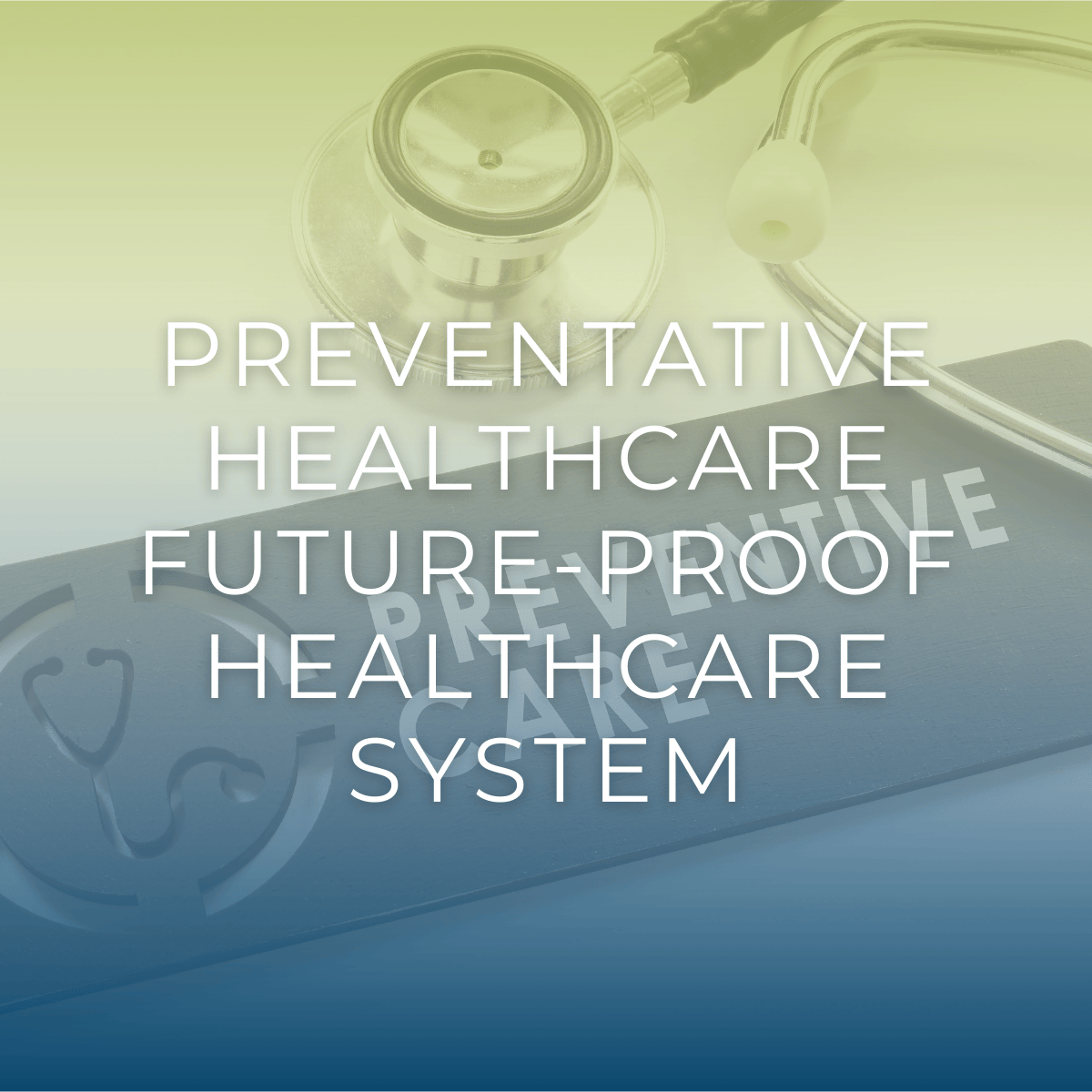Preventive Healthcare as the Foundation for a Future-Proof Healthcare System

Preventive Healthcare as the Foundation for a Future-Proof Healthcare System

The healthcare sector in the Netherlands and Flanders is under increasing pressure. By 2040, one in four workers in the Netherlands will be needed in the healthcare sector, while Flanders will require an additional 74,000 healthcare professionals over the next fifteen years. At the same time, healthcare costs continue to rise. Without structural reforms, the affordability and accessibility of healthcare will be at risk.
A sustainable solution lies in shifting from a reactive healthcare system to one in which prevention plays a central role.
The Urgency of Prevention-Oriented Healthcare
The current healthcare system is predominantly reactive, focusing on treating diseases rather than preventing them. This approach leads to escalating costs and an increasing burden on healthcare professionals. Prevention-oriented healthcare can break this trend, but it remains underutilized. The numbers highlight the need for change:
- Twenty percent of the disease burden in the Netherlands is caused by unhealthy behavior.
- In Flanders, 11,500 people die annually due to unhealthy diets.
- More than 1.1 million people in the Netherlands and 600,000 in Flanders have type 2 diabetes, a condition that can largely be prevented through lifestyle interventions.
Despite the clear benefits of prevention, several barriers hinder large-scale implementation:
- Lack of structural funding: Preventive measures generate measurable results only in the long term, making investment less attractive.
- Insufficient insight into effective interventions: Healthcare professionals and policymakers have limited access to validated methods and best practices.
- Limited collaboration across sectors: Effective prevention requires an integrated approach that combines medical, social, and technological factors.
A Comprehensive Model for Prevention-Oriented Healthcare
The Future BV, in collaboration with partners in the Netherlands and Flanders, is developing a cross-border healthcare model in which prevention is structurally embedded. This model consists of three key components:
- A network of healthcare professionals, businesses, and policymakers to facilitate cooperation on prevention initiatives.
- A structured overview of effective preventive interventions, supported by data and scientific research.
- Physical prevention centers in the South of the Netherlands and Flanders, where technology, lifestyle interventions, and medical care converge.
By integrating prevention into regular healthcare practices, the burden on healthcare institutions can be reduced while simultaneously improving public health outcomes.
International Collaboration as the Key to Success
The Future BV participated in the Grenzeloos Gezond New Year’s Event, organized by In4care, where leading innovators in the healthcare sector gathered to discuss the future of healthcare. The event addressed key themes such as technological innovation, sustainability, and workforce challenges in healthcare.
At this event, The Future BV focused on the question: How can prevention be structurally and effectively integrated into the healthcare system at scale? Engaging with partners from the healthcare, technology, and policy sectors provided valuable insights and new collaboration opportunities to further develop the prevention-oriented healthcare model.
Building a Sustainable Future for Healthcare Together
To realize this transition, The Future BV is seeking partners who want to contribute to the development and implementation of prevention-oriented healthcare. Organizations and professionals in healthcare, technology, nutrition, and policy are invited to join this cross-border collaboration.
For more information or an introductory conversation, please contact Thomas Luimes at thomas.luimes@tf-advies.nl, healthcare innovation expert at The Future BV.